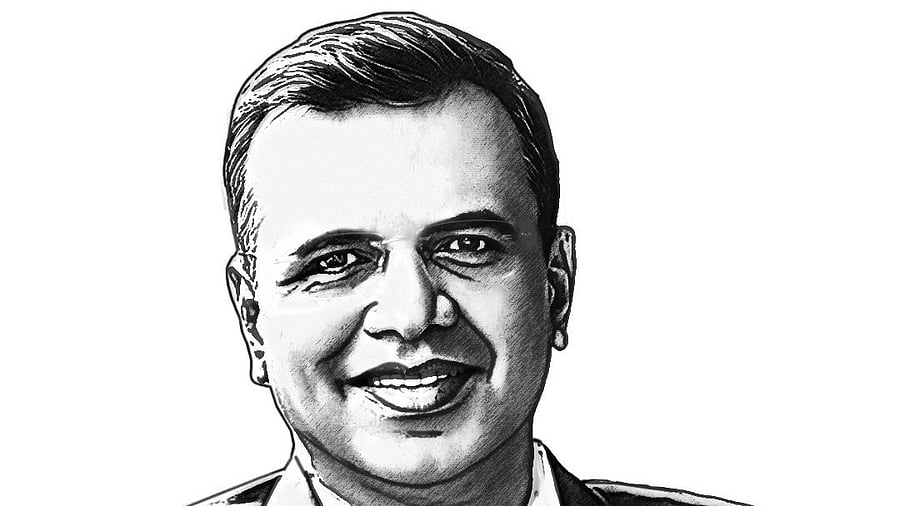
Credit: Special arrangement
As per WHO data, tobacco kills over 8 million people every year; this also includes about 1.3 million non-smokers who are affected due to exposure to second-hand smoke.
Critical illnesses linked
Tobacco consumption is a key contributor to several critical illnesses; it is a major risk factor for cardiovascular diseases, including heart attacks and strokes. The harmful chemicals in tobacco damage the lining of blood vessels, leading to higher blood pressure, a faster heart rate and an increased risk of blood clots. Smoking tobacco is also closely associated with chronic respiratory ailments like chronic obstructive pulmonary disease (COPD) and chronic bronchitis. Tobacco use is a major cause of various cancers, particularly oral cancer. India accounts for a large proportion of oral cancer cases globally, of which the majority are attributable to tobacco use.
Insurance implications
From an insurance standpoint, consumption of tobacco has a critical impact. Those who consume tobacco are at a significantly higher risk of developing cardiovascular disease, chronic respiratory conditions, and other critical illnesses. Broadly speaking, this implies higher quantum and frequency of claims. To maintain sustainability, insurers typically impose a higher premium, known as a “loading,” on health insurance policies for individuals who use tobacco. Depending on the insurer and the type of tobacco use, premiums can be 30% to 40% higher than those for non-users. One might wonder who might be categorised as a ‘smoker’ as per insurance companies. A person who has used tobacco in any form over the last 12 months will be defined as a smoker.
Tobacco use disclosure
A tobacco user might be tempted not to disclose their habit to the insurer in order to avoid a higher premium, or may feel it is not something worth highlighting. However, the consequences of non-disclosure can be quite serious; it may lead to claim rejection. Also, failure to disclose such lifestyle habits may be viewed as misrepresentation. If the insurer finds that incorrect information was given when the policy was bought, the insurer could decide to terminate the policy completely. To avoid such unpleasant scenarios, it’s best to be transparent while opting for health insurance.
Rewards of quitting
As an insurer, we have seen lives transformed, sometimes saved, by a simple decision to quit tobacco. It is definitely not an easy journey, but it is always worth it. This is a life-changing decision with significant health, financial, and insurance-related benefits. From a health perspective, the body begins to gradually heal once a person quits tobacco, the lung function improves, and the risk of heart disease drops. Also the chances of developing cancer reduce significantly over time. From an insurer’s perspective, as highlighted earlier, the premiums for a tobacco user are much higher than those for a non-user. People who quit may qualify for better underwriting terms and fewer exclusions. So sum it up, quitting tobacco, therefore, isn’t just good for your health, it’s a smart decision for your financial future and your ability to secure affordable, comprehensive insurance coverage.